By using our site, you agree to our cookie policy.
Do you pay tax when selling a house?
When selling, it helps to budget ahead. So do you pay tax when selling a house? We talk you through all of the taxes associated with selling a home — or buying one.
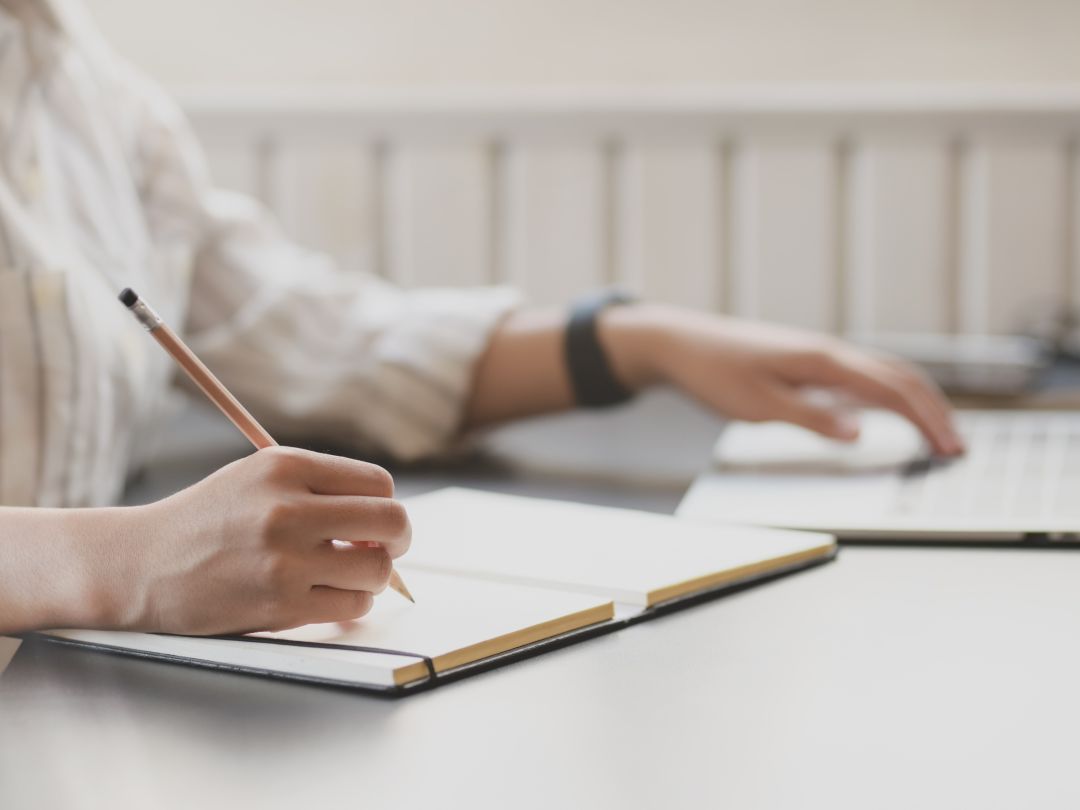
When you’re selling your home, there are a lot of costs to consider. Most people sell their old home in order to buy a new one, so working out the cost of moving is key to figuring out what your new budget is. And although some costs are obvious — moving fees, solicitor fees, estate agent fees (we don’t think these should factor in, but that’s just us) — some expenses are a little more confusing. And one of the most common questions people have is do you pay tax when selling a house?
The good news? Normally you don’t pay tax when you sell your home. The two main taxes associated with buying and selling houses — capital gains tax and stamp duty — don’t apply to selling your main home. Although if you’re selling and buying, then stamp duty will come into the equation. Confused? Don’t worry. We’ll break it down for you.
Tax on selling the home you live in
OK, let’s talk about the good news first. As we said, normally you don’t pay tax when you sell your home. Capital gains tax doesn’t apply to your “primary residence” — which is just HMRC jargon for the home you live in. If you have more than one home, you may be able to choose which home is your primary residence (more on that later). But if you have a straightforward case where you live in your home and now you’re selling that home, you should be free from capital gains tax.
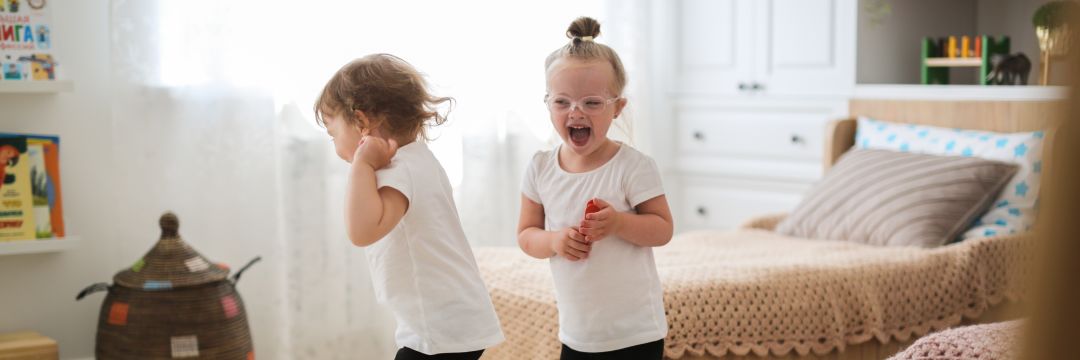
Capital gains tax doesn’t apply to your 'primary residence' — which is just HMRC jargon for the home you live in."
Tax on second homes and buy to let properties
If you have a second home or you have investment properties, chances are you’ll be subject to capital gains tax when you sell. If you have two homes, most people nominate the more valuable property as their “primary residence”, so they can save more. However, there are some potential reasons you may not be able to claim relief from capital gains. (Called “primary residence relief”, if you want to be fancy about it.) If you use part of your property exclusively for business, if you’ve developed it into flats, if you bought the home to flip it — it’s always good to check if you fall into one of the exemptions, just to be sure.
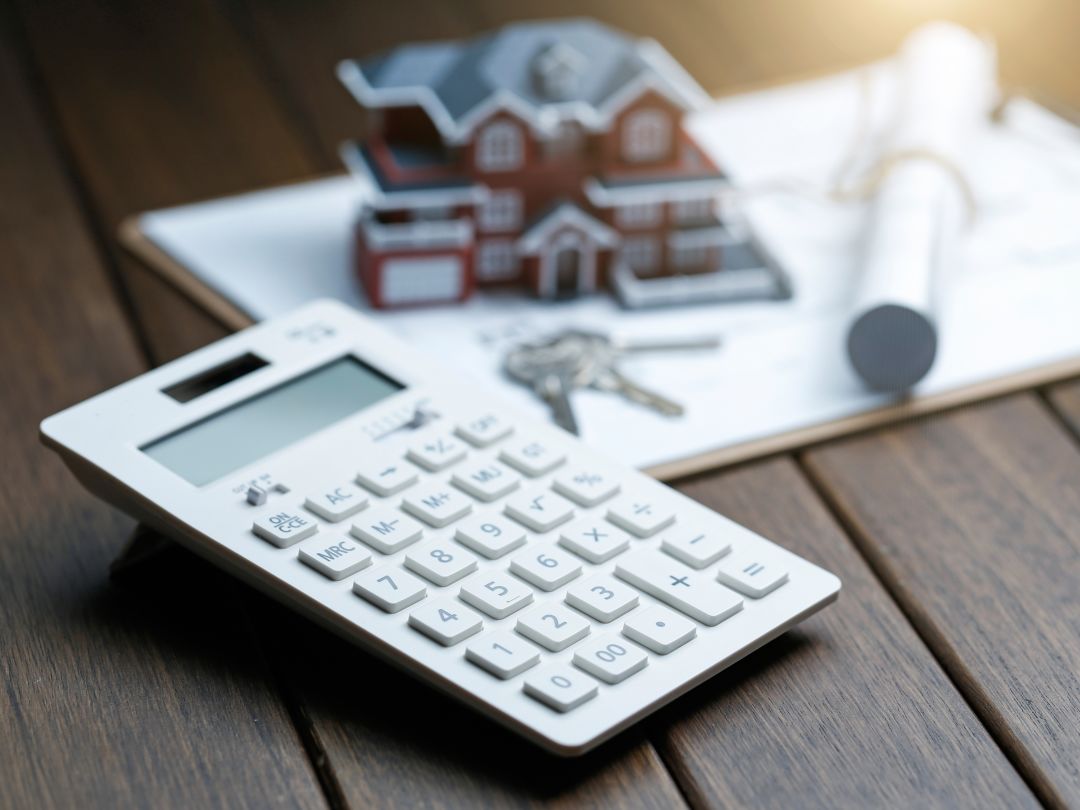
If you do have to pay capital gains tax, you’ll be paying tax on the amount of capital gained (see what they did there?). In other words, it’s taxed on how much your home went up in value. The silver lining is that there’s a lot you can deduct from this amount — estate agent fees, solicitors fees, even work you’ve done to add value to the property. General maintenance, like painting or small repairs, probably won’t count — so always talk to your accountant or check with HMRC if you have questions.
Even though it's not a selling tax, it’s important to factor stamp duty into the equation if you’re budgeting for your move as a whole. "
Buying and selling at the same time
Stamp duty is a major tax that comes up in property sales. Technically it’s not a tax paid when selling — the buyer normally pays stamp duty — but as many of us will be selling a house in order to buy a new one, it’s important to budget for. Stamp duty is based on the value of the home and it can add up to thousands (or even tens of thousands) of pounds. So if you’re looking at selling and buying then you’ll want to keep that in mind. A lot of us will fall into that category because we'll be looking to move to a new home. But if you're just selling a property, you don't need to worry about stamp duty.
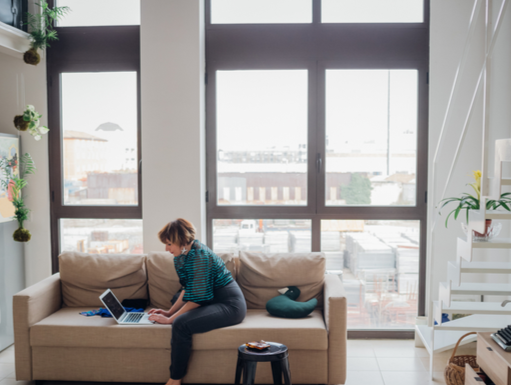
Plus, not all properties will be subject to stamp duty. Stamp duty normally applies to property purchases over £125,000 or £300,000 for first-time buyers. And it’s good to remember that if you’re buying a second home, you’ll be subject to higher rates of stamp duty. You'll want to budget for that. Have questions? Wondering how much stamp duty you’ll pay? Well, the way stamp duty is calculated is a little complicated. Don’t worry — our stamp duty guide breaks down everything you need to know.
When it comes to taxes you pay when selling a house, most of us won’t pay any. But if you have any special circumstances, like selling a second home or an investment property, you’ll want to do your research. And, even though it's not a selling tax, it’s important to factor stamp duty into the equation if you’re budgeting for your move as a whole.
When in doubt, check the HMRC website or talk to an accountant. You can never be too careful.
Taxes when selling FAQs
How long do I need to live in a house to avoid capital gains tax UK?
First things first: you should always pay any tax that you owe. The good news? You normally won't pay capital gains tax on your main home, if you've been living in it. In fact, as long as you've lived in it the entire time you've owned it, you should be in the clear — according to the government's website. But what if you rented out your home part of the time? Or lived somewhere else? You'll still qualify for relief for the periods it was your main residence, but things get pretty complicated. You should definitely check with HMRC and an accountant if you're not sure.
Do you have to pay taxes on money from selling your house?
What happens if I sell my home and don't buy another UK?
How do I avoid capital gains tax UK?
How much tax do I pay when I sell my home?
Do I have to inform HMRC when I sell my house?
Does money from the sale of a house count as income?
useful guides
We're here to help

Selling your house tips
Ready to Strike? We break down the step by step process of selling your home, from the best time to sell to how to get the best price.
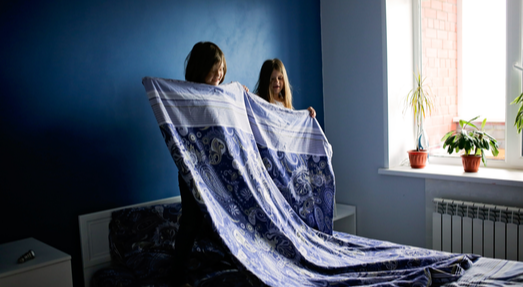
Estate agent fees
One of the highest cost for sellers is estate agent fees. We believe it's time for a change so we're striking out fees altogether.
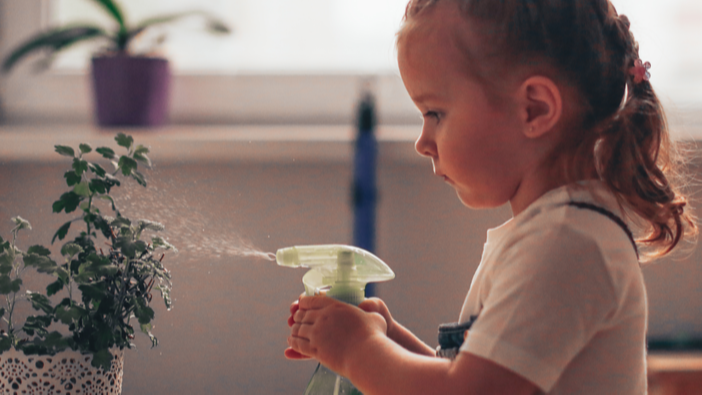
Conveyancing solicitor fees
What about the legal side of a sale? We’ve spelt it out — along with how much your solicitor will cost.

Process of buying a house
The process of buying a house can seem complicated, but we'll walk you through — one step at a time.
Strike feel free
Copyright © Strike Limited 2024

